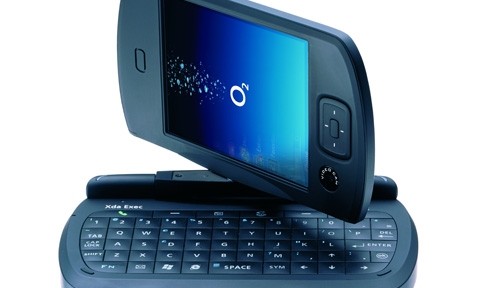This week it was revealed that the phone numbers of O2 customers have been disclosed to websites they visit on their mobile devices. The telecoms giant has confirmed that customers have been experiencing the fault since January 10, which has left them open to receiving unwanted calls and messages.
In a round table debate held in response to media reports of O2’s security blunder, panellists warned users to take heed because the telecoms flaw is a sign of cyber threats to come.
David Cook, a solicitor at the Manchester office of law firm Pannone and specialist in cyber security, explained that this latest revelation is merely a drop in the ocean of what is to come in 2012.
He said: “Things like this will become more and more commonplace this year. O2 is a big company and they must have tested this before. It really is terrifying.”
Stuart Coulson, director of data centres for security firm Secarma, explained that mobile networks’ unnecessary data sharing was exposed on coding and cybersecurity forums as far back as 2007, with Orange Spain being among those exposed in the past.
He said: “It seems that other networks now protect users against sharing your mobile number in this way but they do share an awful lot of information about the make and model of the phone you are using among other things.
“This information can be used legitimately to modify the site for different phones, for example, but it seems like an excessive amount of personal information to take only for this purpose.”
Jonathan Bowers, communications director at UKFast, continued “It’s a fantastic marketing tool but it’s also an infringement of data privacy. Not only can they trace where you are going on the net but they can also bombard us with information.”
Coulson continued: “The problem is the perception of cyber security to the average consumer. They see the cyber world as a load of numbers sliding through space.”


